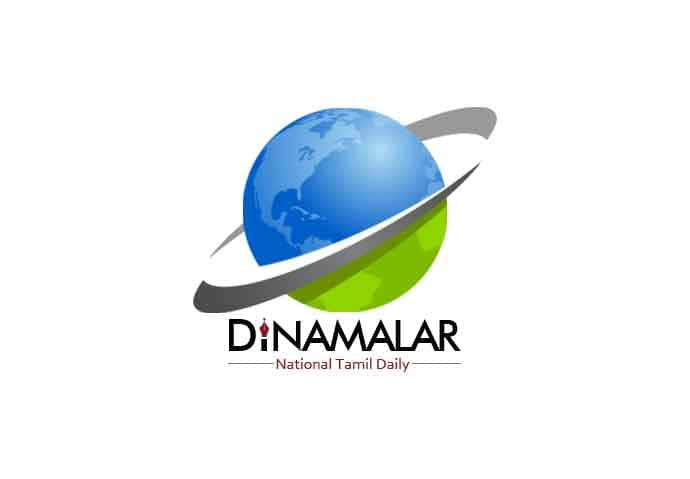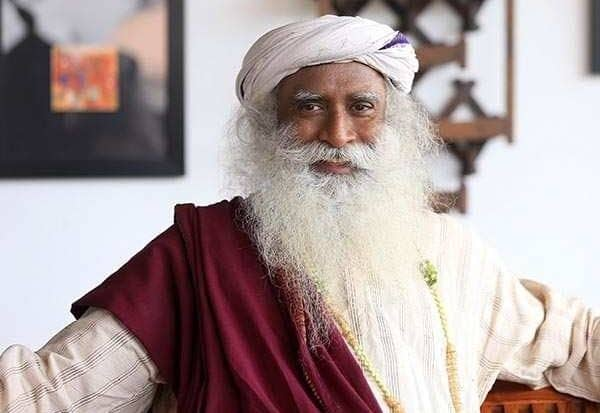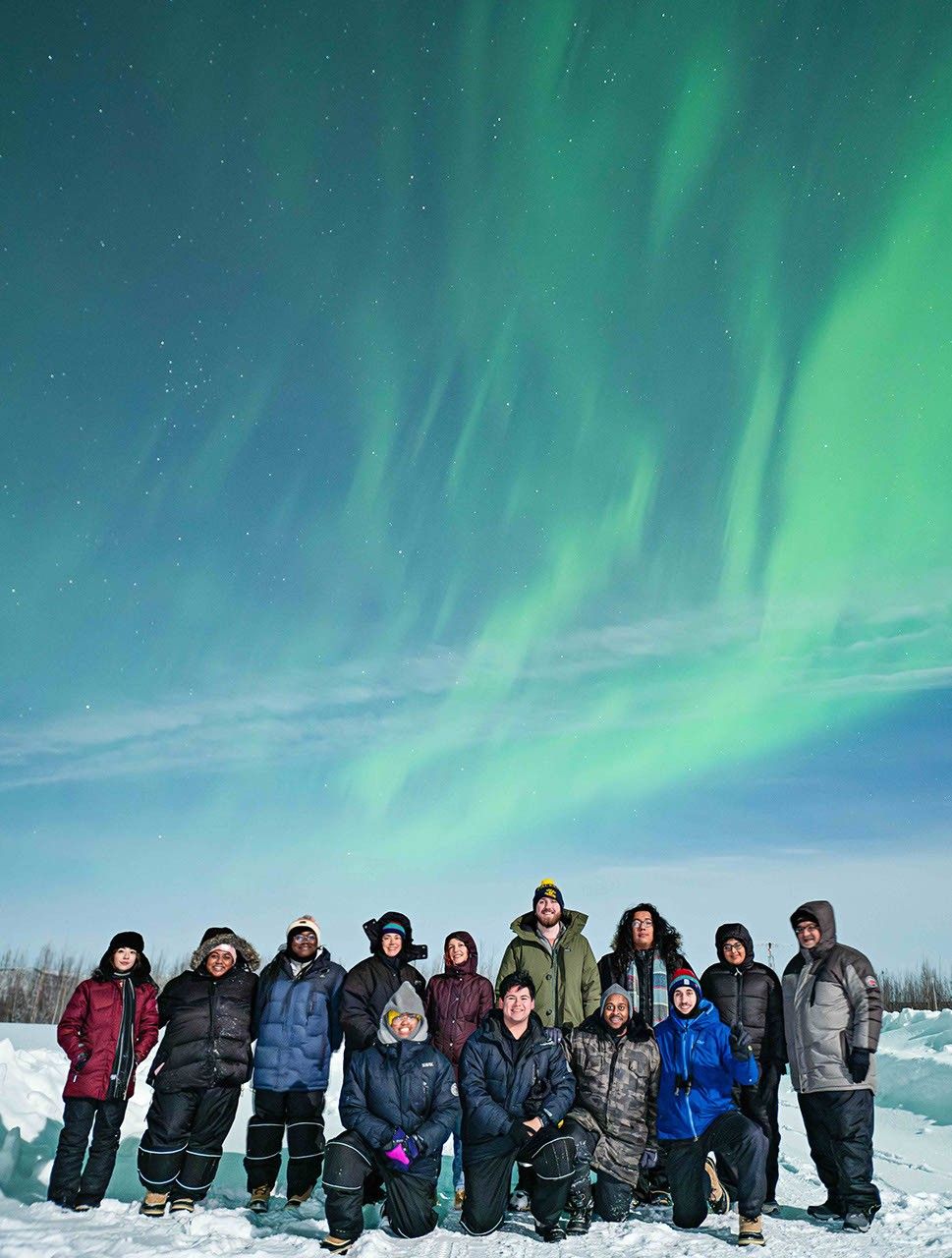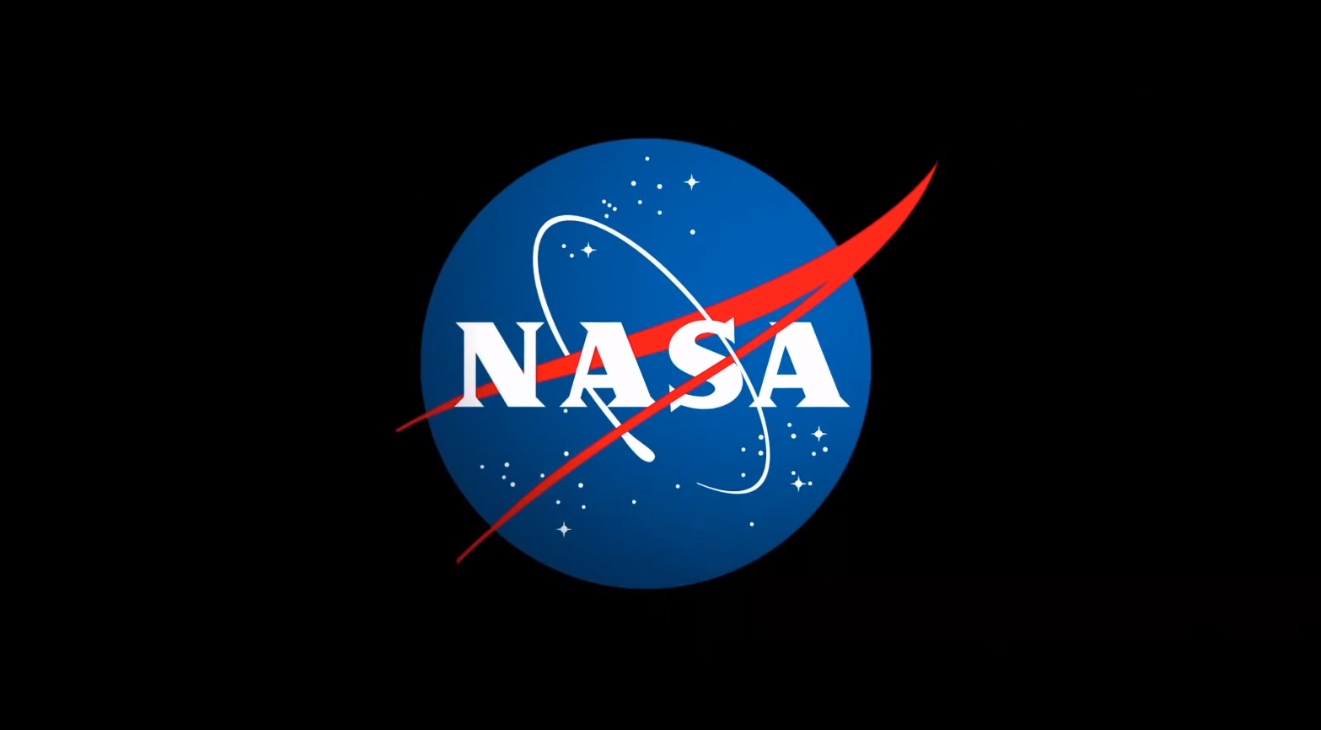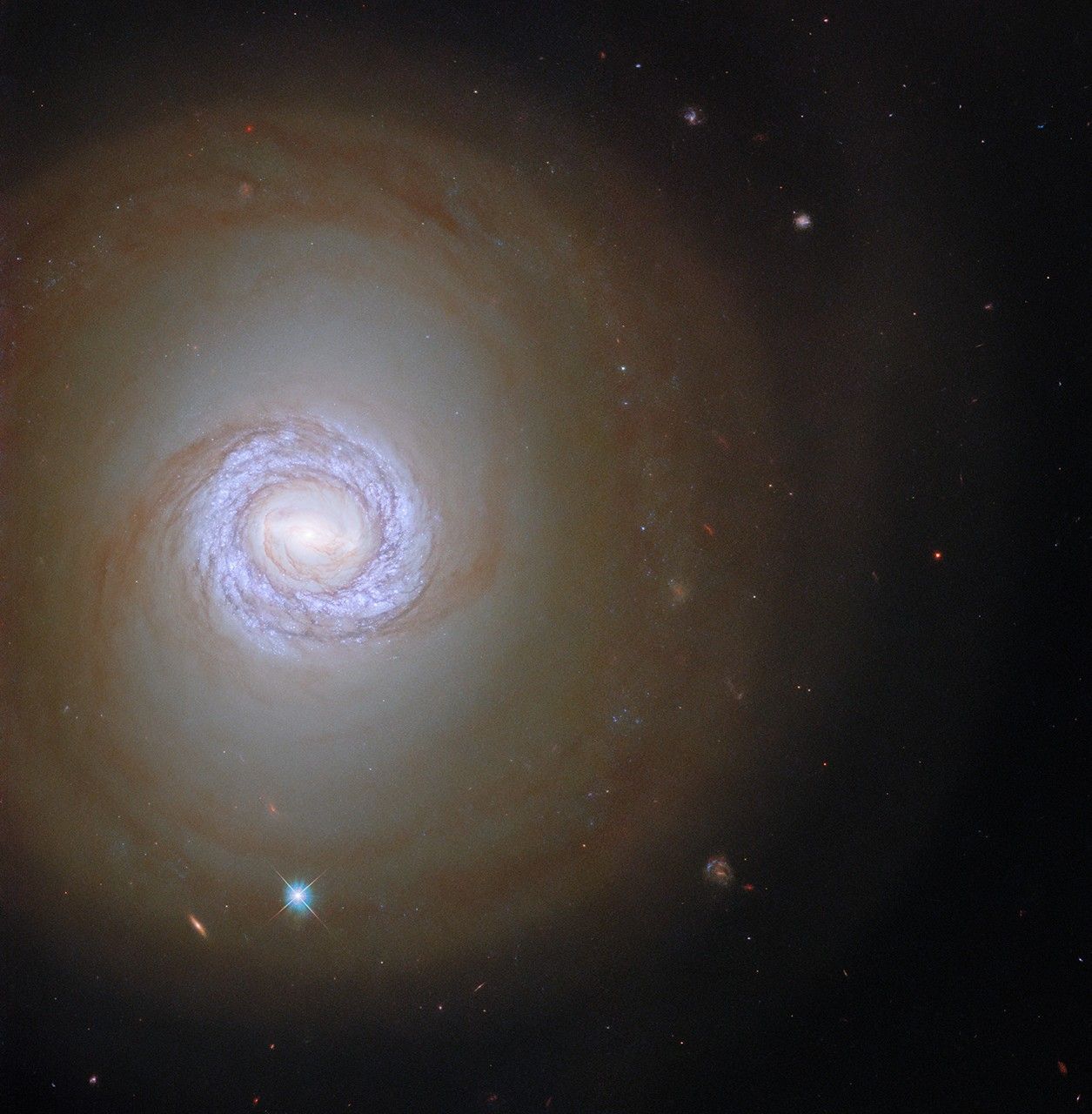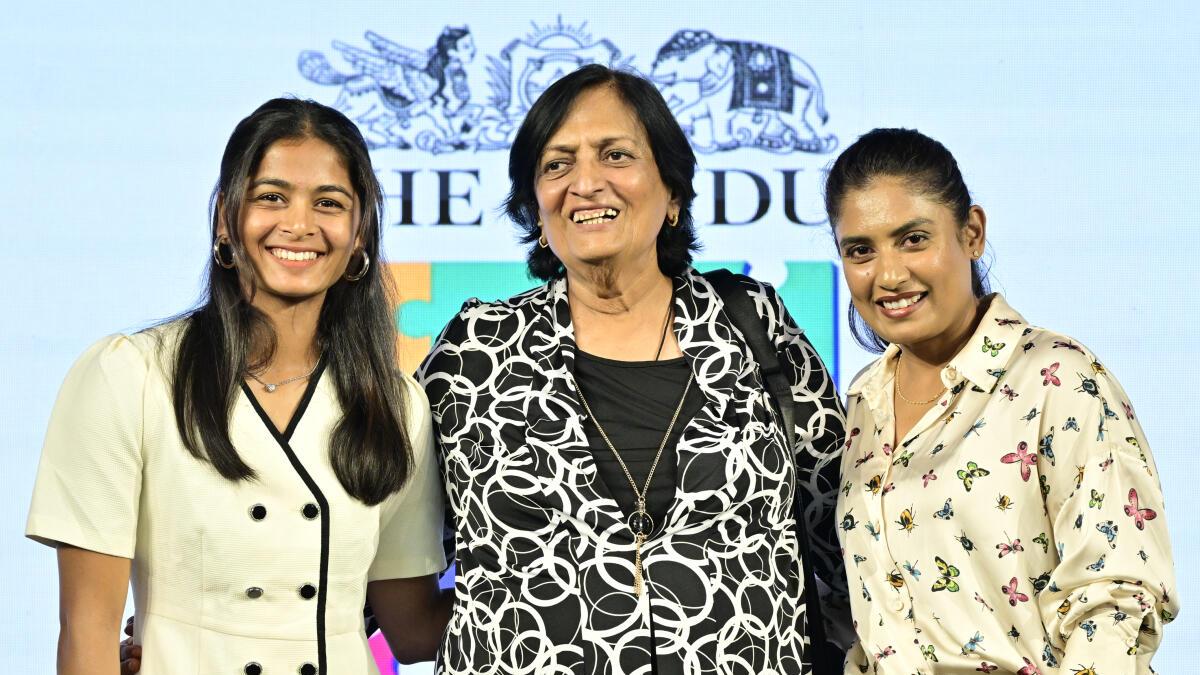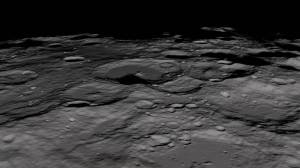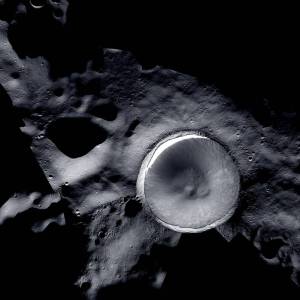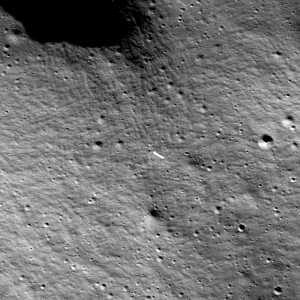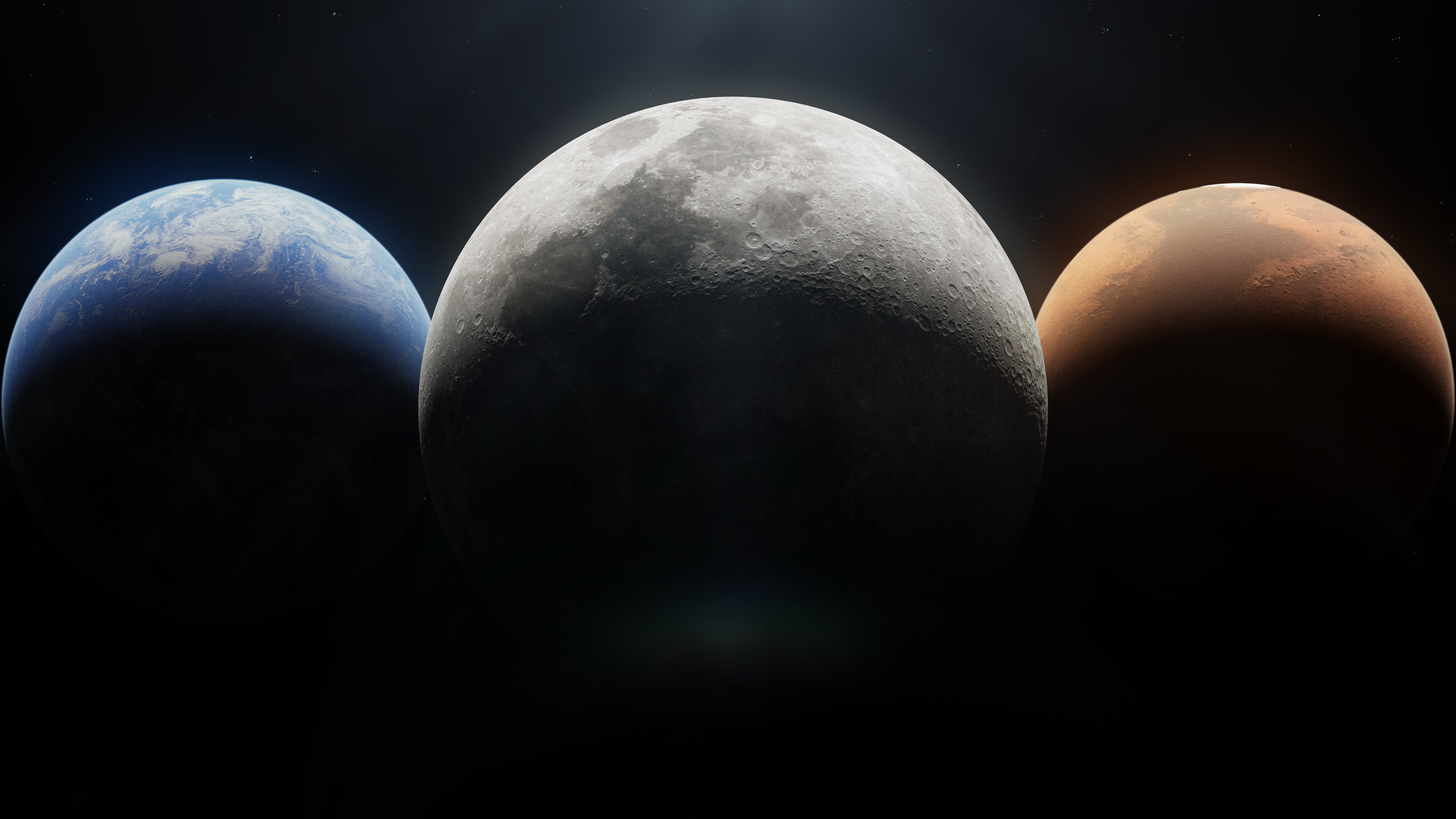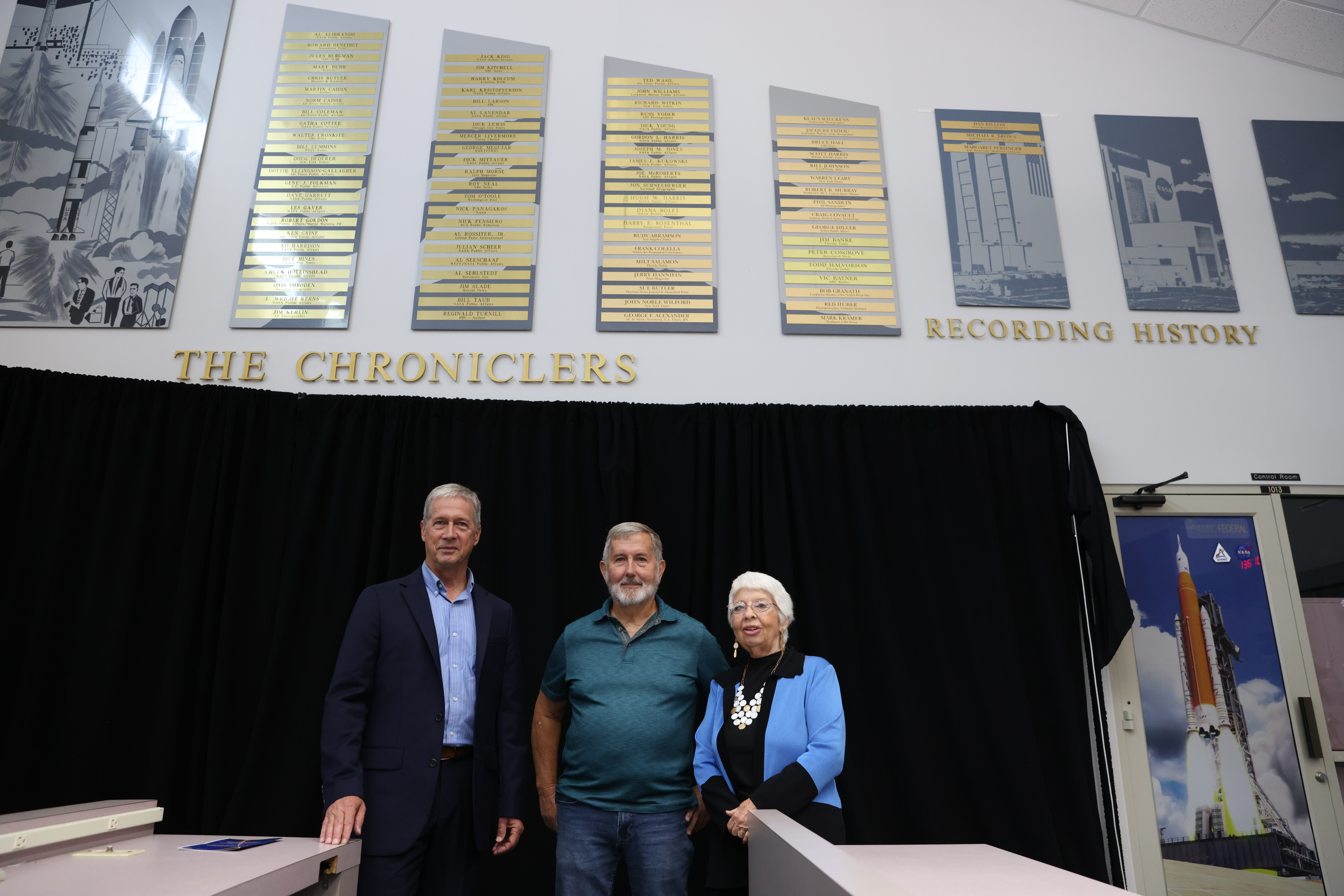NASA’s LRO Finds Photo Op as It Zips Past SKorea’s Danuri Moon Orbiter
NASA’s LRO (Lunar Reconnaissance Orbiter), which has been circling and studying the Moon for 15 years, captured several images of Korea Aerospace Research Institute’s Danuri lunar orbiter last month. The two spacecraft, traveling in nearly parallel orbits, zipped past each other in opposite directions between March 5 and 6, 2024. LRO’s narrow angle camera (one […]
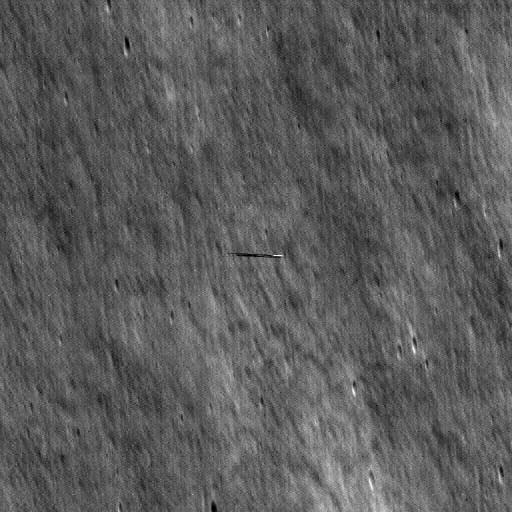
NASA’s LRO (Lunar Reconnaissance Orbiter), which has been circling and studying the Moon for 15 years, captured several images of Korea Aerospace Research Institute’s Danuri lunar orbiter last month. The two spacecraft, traveling in nearly parallel orbits, zipped past each other in opposite directions between March 5 and 6, 2024.

LRO’s narrow angle camera (one in a suite of cameras known as “LROC”) captured the images featured here during three orbits that happened to be close enough to Danuri’s to grab snapshots.
Due to the fast relative velocities between the two spacecraft (about 7,200 miles, or 1,500 kilometers, per hour), the LRO operations team at NASA’s Goddard Space Flight Center in Greenbelt, Maryland, needed exquisite timing in pointing LROC to the right place at the right time to catch a glimpse of Danuri, the Republic of Korea’s first spacecraft at the Moon. Danuri has been in lunar orbit since December 2022. Although LRO’s camera exposure time was very short, only 0.338 milliseconds, Danuri still appears smeared to 10 times its size in the opposite direction of travel because of the relative high travel velocities between the two spacecraft.

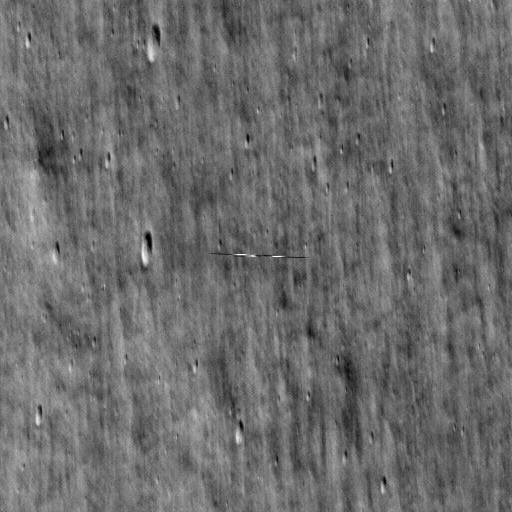
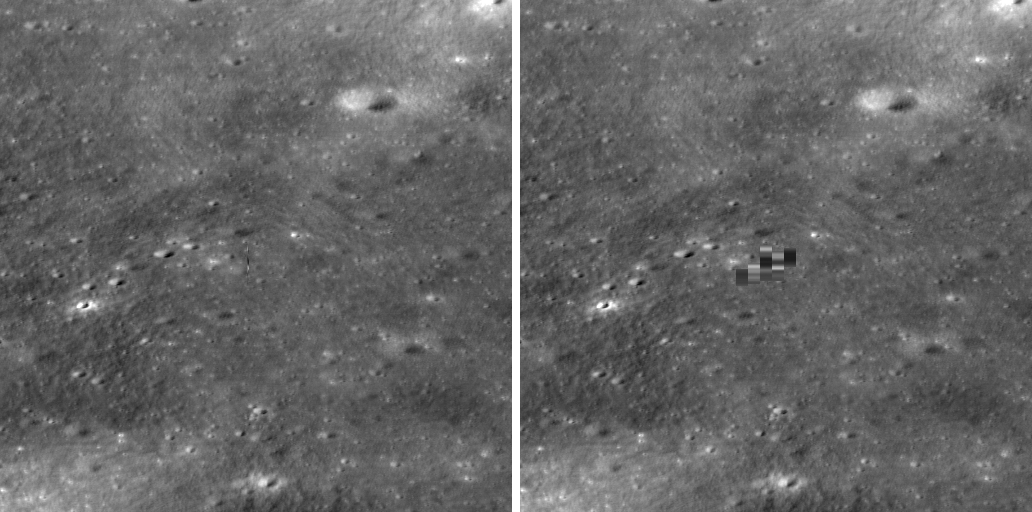
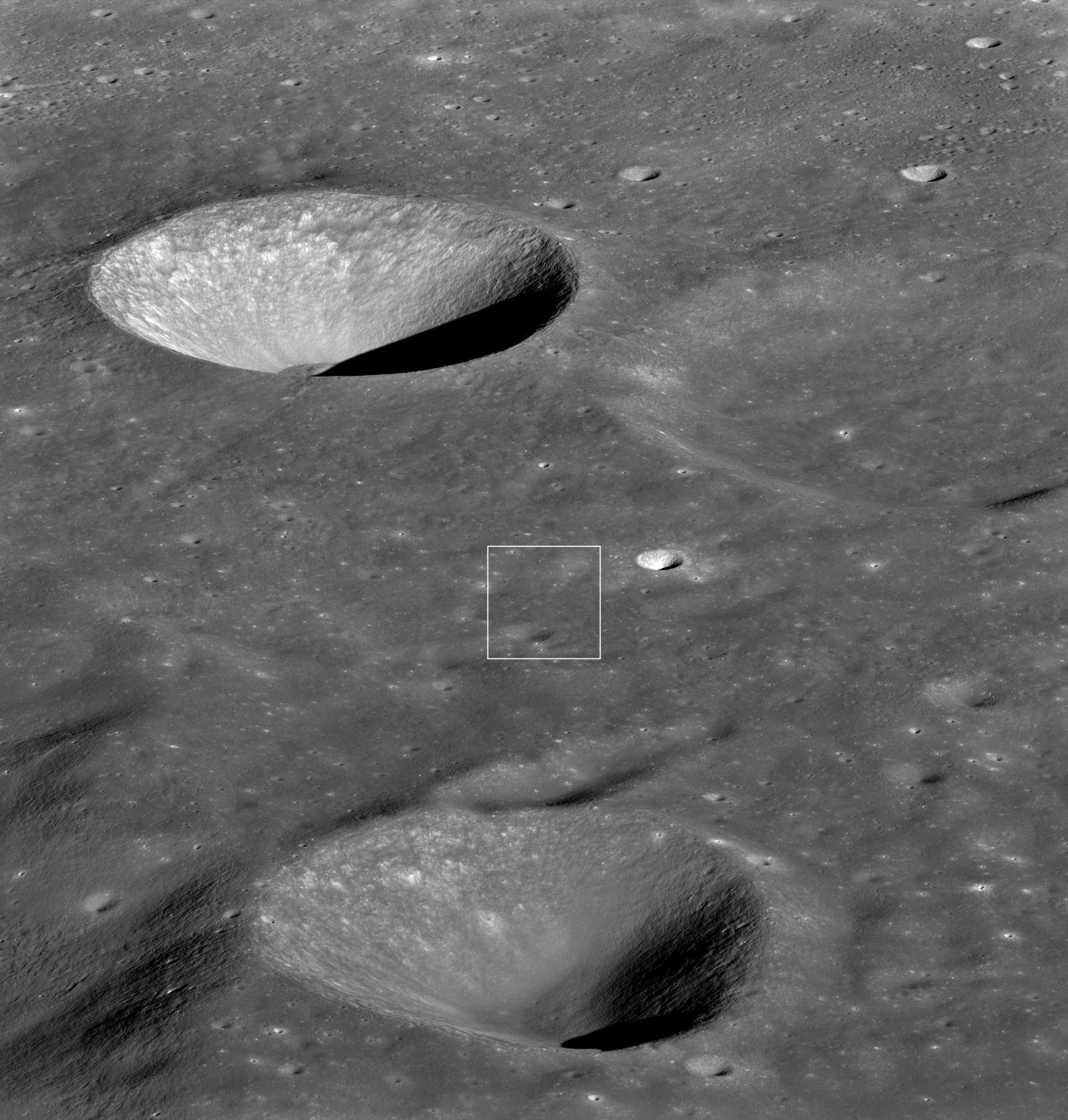
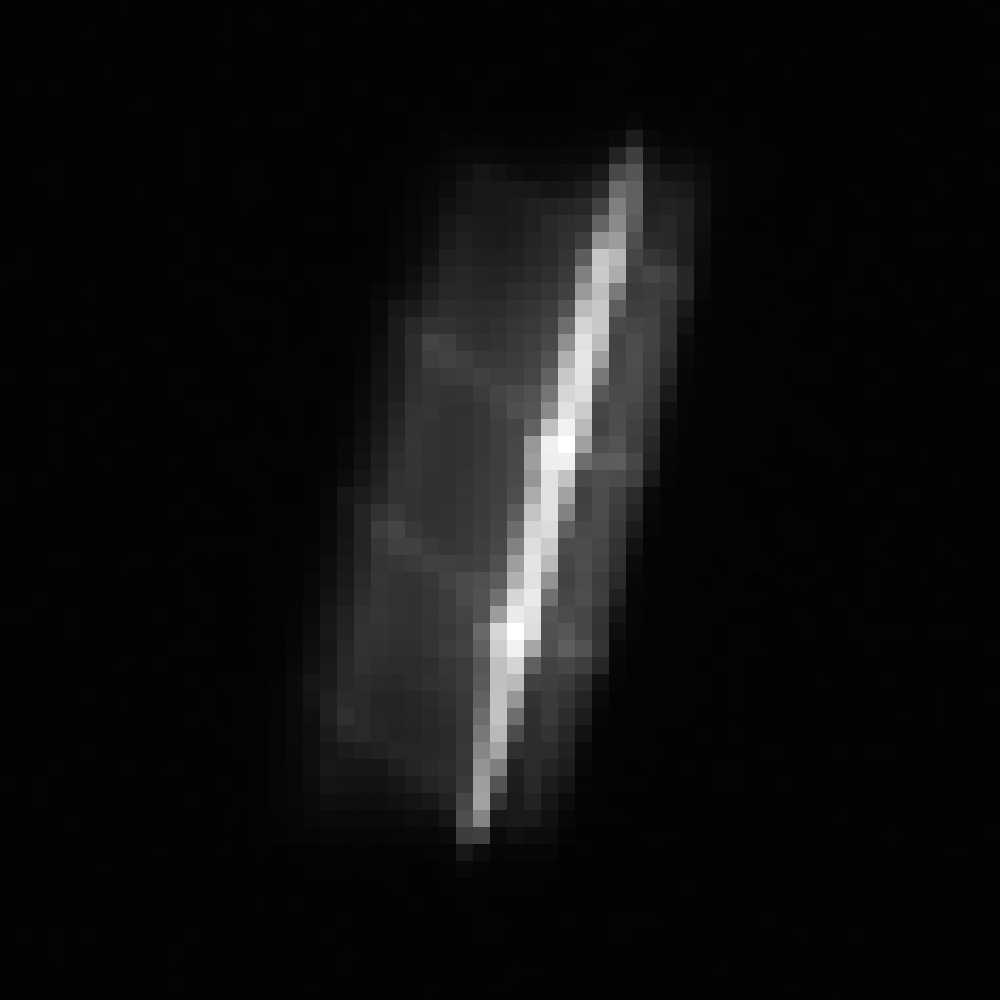
LRO is managed by NASA’s Goddard Space Flight Center in Greenbelt, Maryland, for the Science Mission Directorate at NASA Headquarters in Washington. Launched on June 18, 2009, LRO has collected a treasure trove of data with its seven powerful instruments, making an invaluable contribution to our knowledge about the Moon. NASA is returning to the Moon with commercial and international partners to expand human presence in space and bring back new knowledge and opportunities.
By Mark Robinson, Arizona State University, Tempe, and Lonnie Shekhtman, NASA’s Goddard Space Flight Center, Greenbelt, Md.
Media Contact:
Nancy N. Jones
NASA’s Goddard Space Flight Center, Greenbelt, Md.
Share
Details
Related Terms
What's Your Reaction?








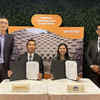



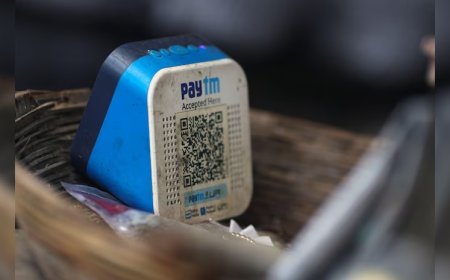
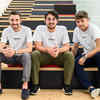

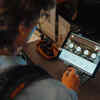



.jpg?#)










